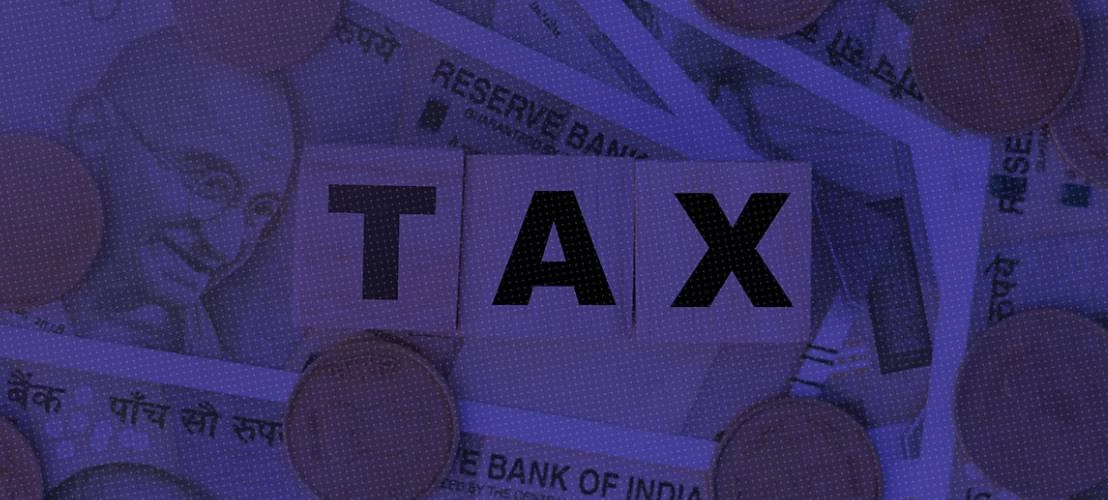The anti-dumping bench of the CESTAT has upheld the final findings of the Designated Authority (‘DA’) in the Directorate General of Trade Remedies (‘DGTR’), in the sunset review, for non-continuation of anti-dumping duty on PVC flex films from China PR.
Dismissing the appeal filed by the domestic industry, the Tribunal observed that the DA was justified in holding that there did not exist sufficient factual material to allow it to conclude that there was a likelihood of continuation or recurrence of injury in case of cessation of anti-dumping duty. The Tribunal in this regard also noted that there was no ‘duly substantiated request’ made by the domestic industry for the purpose.
Relying on certain WTO’s DSB panel and appellate panel reports, the Tribunal in the case [All India Laminated Fabrics Manufactures Association v. Designated Authority [Order dated 28 February 2022] was of the view that the determination in a sunset review cannot be based on guesswork or on mere assumption or presumption but it should be based on some tangible evidence. It observed that the DA must conduct a rigorous examination in a sunset review before the exception, that duty should be continued, can apply.
Non-consideration of unauthenticated market research report is correct
The CESTAT held that no conclusion could be arrived at likelihood of continuance or recurrence of injury based on a report [Report of Special Research and Investment Feasibility Assessment on China Polyvinyl Chloride Flexible Film/Sheet Market 2021-2025] relied upon by the appellant (domestic industry), since the name of the author or the agency which prepared the report was not mentioned in the report nor the data source for the report was provided.
Plea that the appellant was barred from sharing the name of the author/agency of the marketing intelligence report due to the Data Secrecy Law [in China], was also rejected by the Tribunal while it observed that the ground was not raised in the appeal memorandum nor any permission was sought from the Tribunal to raise this plea. The anti-dumping bench in this regard also noted that the Chinese law was enacted in September 2021, after the report was shared with the designated authority, and it was not the case of the appellant that this law had any retrospective application. Contention that in case the designated authority had asked, the appellant would have shared the name of the author, was also hence rejected observing that according to the appellant, it was prevented earlier to do so.
It also noted that the appellant did not provide the non-confidential summary of the report to other interested parties nor did it give any reason for not providing the same, though respondent no. 8 (the Chinese exporter) had raised this issue in the legal submissions.
Non-submission of Exporters Questionnaire-Part II when not fatal
Further, rejecting the contention that the exporter had not filed ‘Exporters Questionnaire-Part II- Further Information Concerning the Sunset Review’, the Tribunal found considerable force in the submissions of the Chinese exporter. It noted that the exporter had not exported the subject goods to India during the period of investigation or during the injury period and the DA or the interested parties had, in the sunset review, not objected to such non-submission. The Tribunal also noted that nothing was brought on record to indicate that if Questionnaire (Part-I) is not required to be filed, it is still necessary to file (Part-II) of the Questionnaire.







